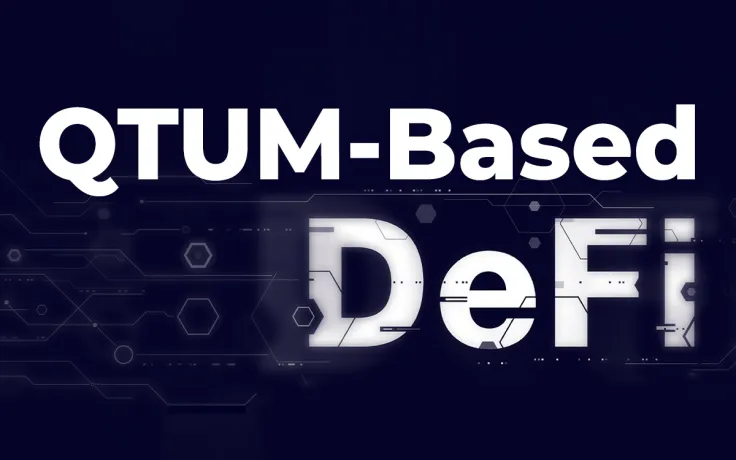
Qtum, a unique proof of stake (PoS) blockchain built on a Bitcoin-like UTXO mechanism, announces that its first decentralized finances instrument (DeFi) goes live in mainnet. QiSwap will onboard both QTUM and QRC-20 assets.
What does Qtum bring to DeFi?
In accordance with the press release shared with U.Today, QiSwap, a pioneering decentralized exchange (DEX) based on the Qtum blockchain, goes live in mainnet. It will ensure a cutting-edge decentralized trading experience for QTUM and Qtum-based tokens (QRC-20 standard).
From day one, QiSwap will have its own automated market maker mechanism (AMM). The Qtum team stresses that the new service will have negligible fees, rapid transaction settlement and lucrative "yield farming" opportunities for QTUM and QRC-20 liquidity providers.
QiSwap (QI) token will be used by community enthusiasts as a governance token. Thus, the elements of self-governance will be implemented into the new DEX from its inaugural stage of operation.
The initial suite of trading pairs available on QiSwap will include QTUM-QC (Qcash), QTUM-qBTC (wrapped Bitcoin), QTUM-qETH (wrapped Ethereum) and QTUM-qFil (wrapped Filecoin). The entire smart contract ecosystem of Qtum is audited and stress tested by top-notch cybersecurity vendor SlowMist.
Roadmap for QiSwap rollout
At press time, QiSwap developers—the DEX is independent from the Qtum main team—has shared plans for the first four stages of its launch. In its nascent stage (Phase 1)—which has already been up and running since Nov. 13—the first pair, QTUM-QC, will be available for liquidity providers and traders.
Other trading pairs will be activated two weeks after the Phase 2 launch. Then, QiSwap will collaborate with third-party exchanges to connect liquidity pools based on additional trading pairs.
On the fourth stage of the much-anticipated mainnet iteration, QI-based governance mechanisms will be activated.
Qtum (QTUM) is a fully-open-source blockchain that merges multiple virtual machines, including the world's most popular Ethereum Virtual Machine.
 Caroline Amosun
Caroline Amosun Tomiwabold Olajide
Tomiwabold Olajide Dan Burgin
Dan Burgin